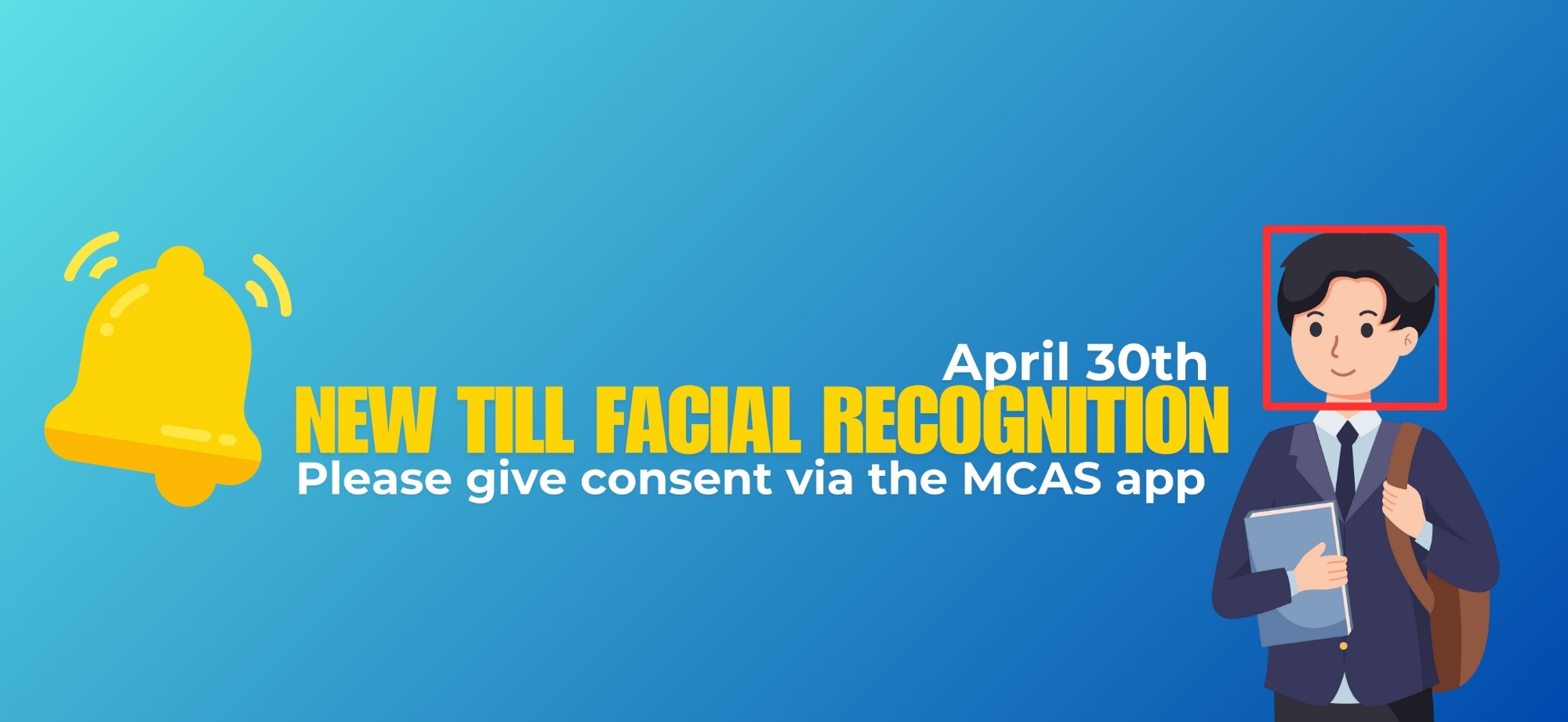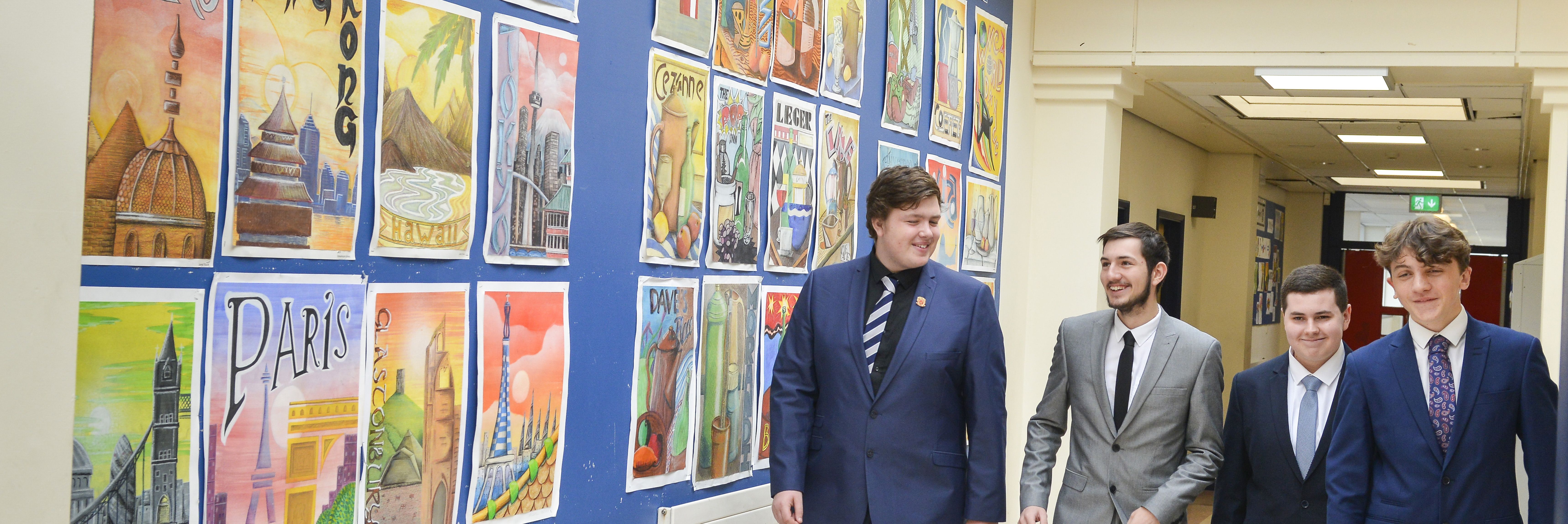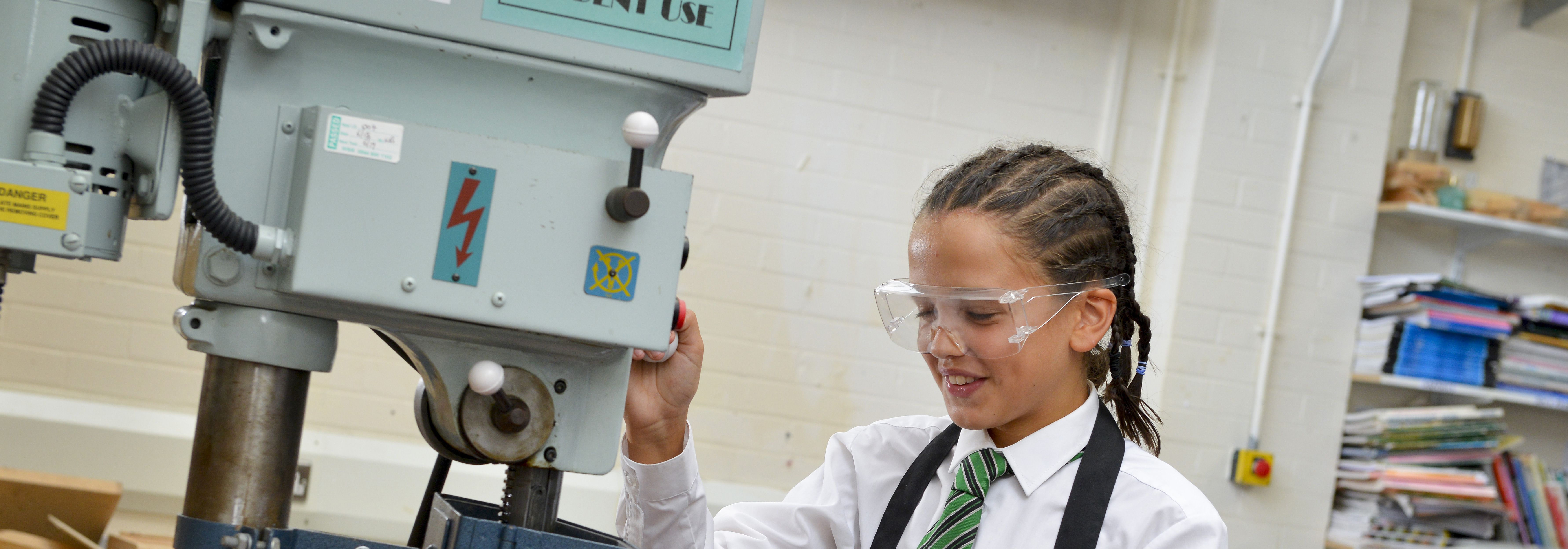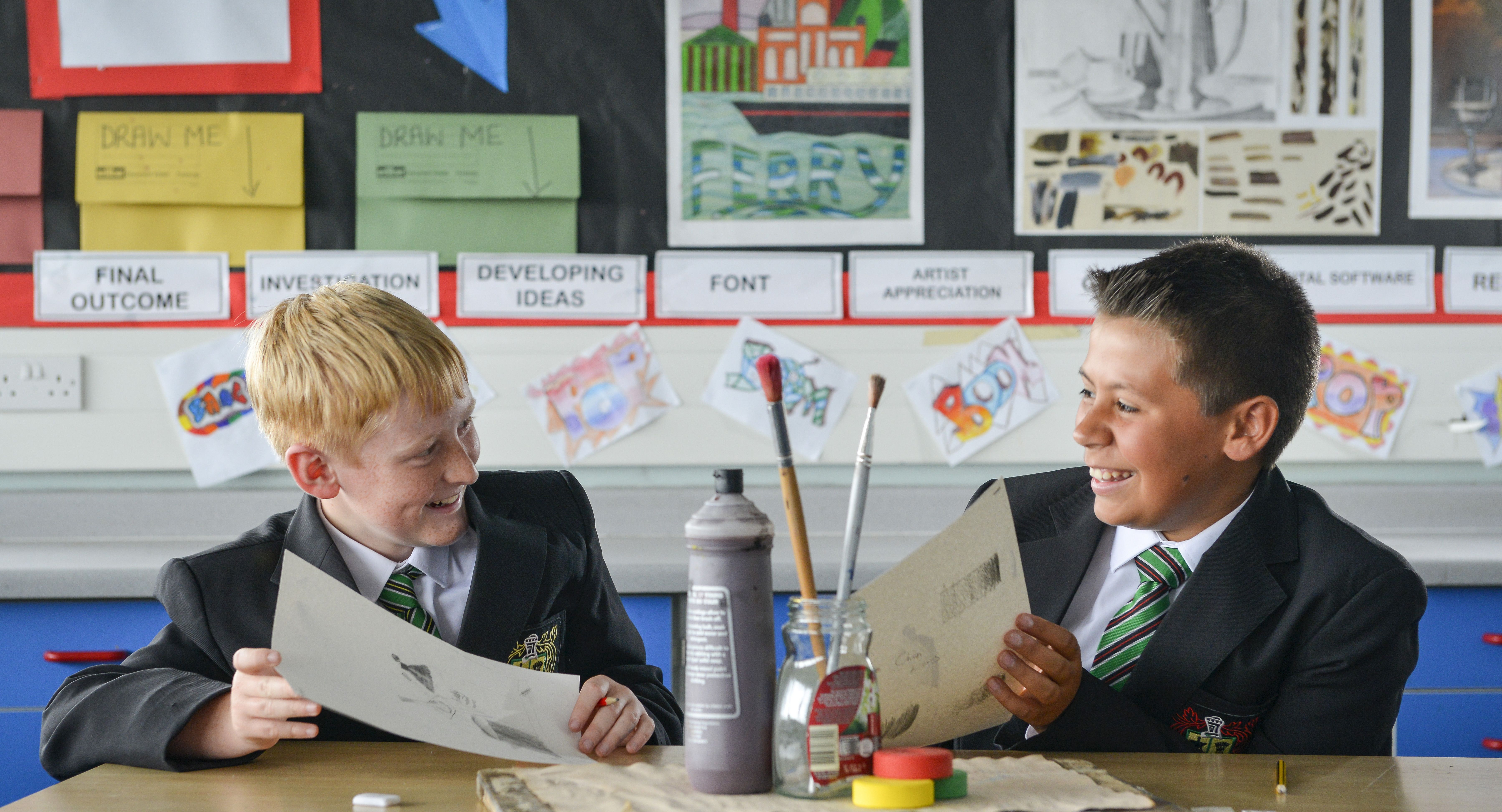Exam Specification
Qualification: GCSE (9–1) Design and Technology
Level: 1 & 2
Exam Board: Eduqas
What you learn about:
GCSE Design and Technology helps students become creative problem-solvers, combining design thinking with technical and practical skills. Students learn how to research and develop solutions to real-life design challenges, using materials and systems in innovative ways.
They also explore how design decisions affect people, the environment, and commercial outcomes—encouraging sustainable, user-centred thinking.
Students choose from a range of material areas such as:
-
Product Design (e.g., wood, metal, polymers)
-
Fashion and Textiles
-
Graphic/Smart Materials
During the course, students will study:
-
Design and Innovation – Understanding user needs, design briefs, the work of existing designers, and the design process from idea to outcome.
-
Materials and Processes – Learning the physical and working properties of different materials and how to select and use them safely and effectively.
-
Manufacturing Techniques – Including hand tools, machinery, and digital processes like CAD/CAM.
-
Sustainability and Environmental Impact – Considering life-cycle analysis, renewable resources, and ethical product design.
-
Technical Principles – Forces, structures, mechanical systems, and electronic systems used in product design.
Assessment:
The course is split equally between a written exam and a practical Non-Exam Assessment (NEA):
-
Written Paper (50% of final grade)
A 2-hour exam testing knowledge of design principles, technical understanding, and the application of theory to practical scenarios. -
Non-Exam Assessment (NEA) (50% of final grade)
Students undertake a design-and-make project based on a contextual challenge set by Eduqas. They will research, develop ideas, create prototypes, and evaluate their outcomes in a real-world context.
The NEA is internally assessed and externally moderated.
Other Information:
GCSE Design and Technology supports progression to A Level Product Design or specialist pathways in engineering, architecture, or fashion.
The course encourages independent thinking, creativity, and innovation—skills that are highly valued in both academic and vocational routes.
Career pathways include:
-
Product Design
-
Engineering
-
Architecture
-
Interior Design
-
Fashion and Textiles
-
Graphic Communication
-
Manufacturing and Technology
Find out more here.












